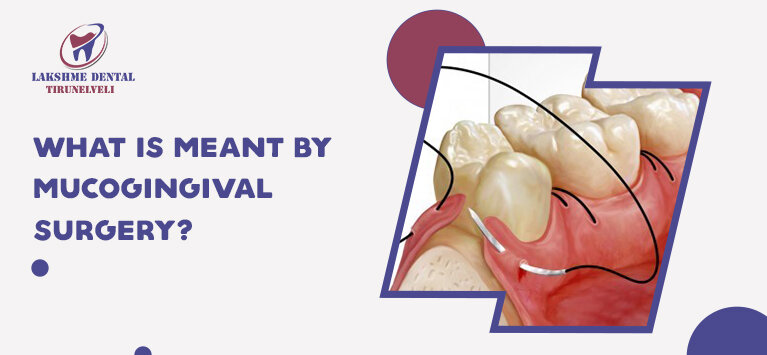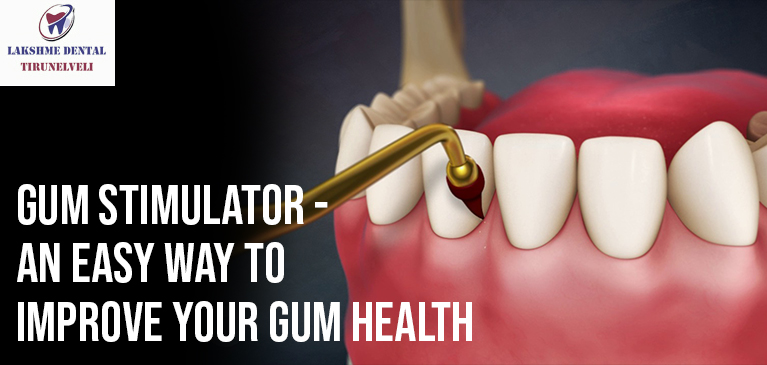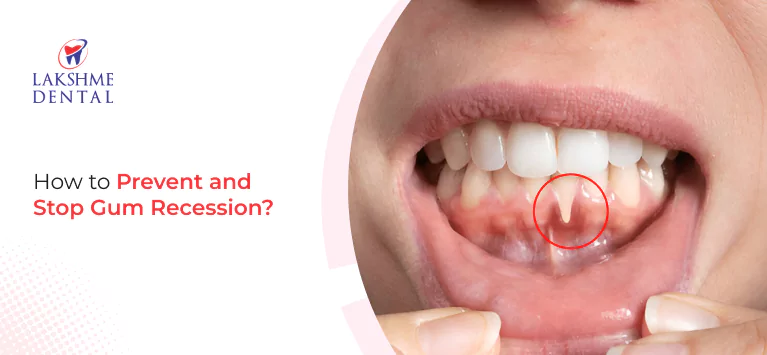
What is Meant by Mucogingival Surgery?
Mucogingival Surgery, also known as Periodontal plastic surgery is designed for renovating lost gums. Certain congenital defects and poor oral habits like aggressive brushing lead to a problematic gum condition called “mucogingival defect” in which the gums wear away from the tooth root. Instead, the gum tissues attach to the cheek tissues.
If such denuded root surfaces are not addressed on time, gum recession will take place in an accelerated manner. It is followed by loosening the teeth from the gums. Hence dentists prescribe this surgery to cover the exposed root surfaces as well as prevent advanced gum diseases.
Keep reading to know more about this periodontal surgery.
When do dentists recommend mucogingival surgery?
When periodontists detect if conventional procedures are not sufficient to treat a problematic gum condition, periodontal plastic surgery is recommended. In other words, if a gum infection is deep and even reaches the bone, this surgery is prescribed.
Here are some of the dilemmas for which mucogingival surgery is commonly recommended:
- Indentations in gums
- Gingival recession
- Uneven gum tissue heights
- Gummy smiles
Besides preventing further gum recession and aesthetic purposes, this surgical procedure is mandatory for implantation treatments. It is because periodontal plastic surgery can repair defects in the bone to a certain extent, providing a solid tissue bed for the implants.
What are the procedures involved in mucogingival surgery?
There are some preparatory activities to do before starting the mucogingival surgery. For instance, the patient should not take medications like blood thinners, or pain relievers for about 14 days before the surgery. Likely, the patient should not smoke or consume alcohol for 24 hours before the surgery.
The surgical procedure aims at covering the denuded roots with natural gum tissues to reverse gum recession. Moreover, it infuses several techniques as follows:
- Apically-repositioned flap
- Replaced flap
- Laterally-repositioned flap
- Free gingival graft
- Frenum repositioning
Following the assessment of your gum health and the root cause of the problems like gum recession, your periodontist will prepare a personalized treatment plan that suits your needs.
What are the benefits of periodontal plastic surgery?
Even though the main objective of mucogingival surgery is to increase the thickness and length of gingival tissues, it helps reverse gum recession. Thus the exposure of a tooth’s sensitive layers protected by gum tissues is controlled due to which hypersensitivity problem is also treated.
Aside from addressing aesthetic issues, it helps your oral health in a multitude of ways indirectly. As mucogingival surgery helps repair the gum tissues, problems like the loosening of teeth, and gum disease progression are also prevented.
Bottom line
Mucogingival Surgery (or) Periodontal Plastic surgery is one of the most complicated dental surgical procedures. It can be performed by highly skilled periodontists alone. Besides treating mucogingival defects like widening the gums, deepening the vestibule, and covering the recession, it renders support in dental replacement solutions like dentures and dental implants.
Want to know more about this procedure? Contact our dental experts in Tirunelveli here.




